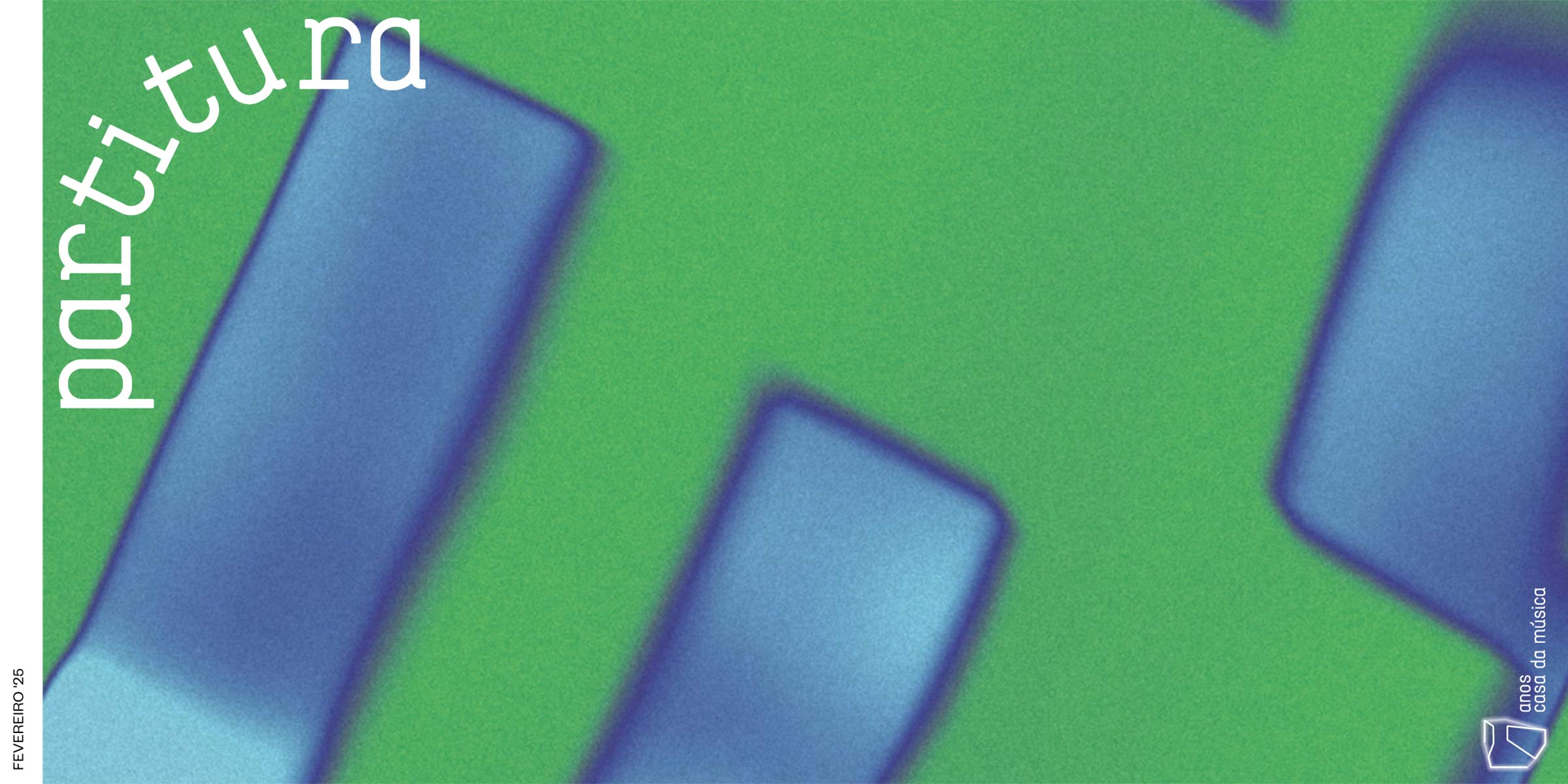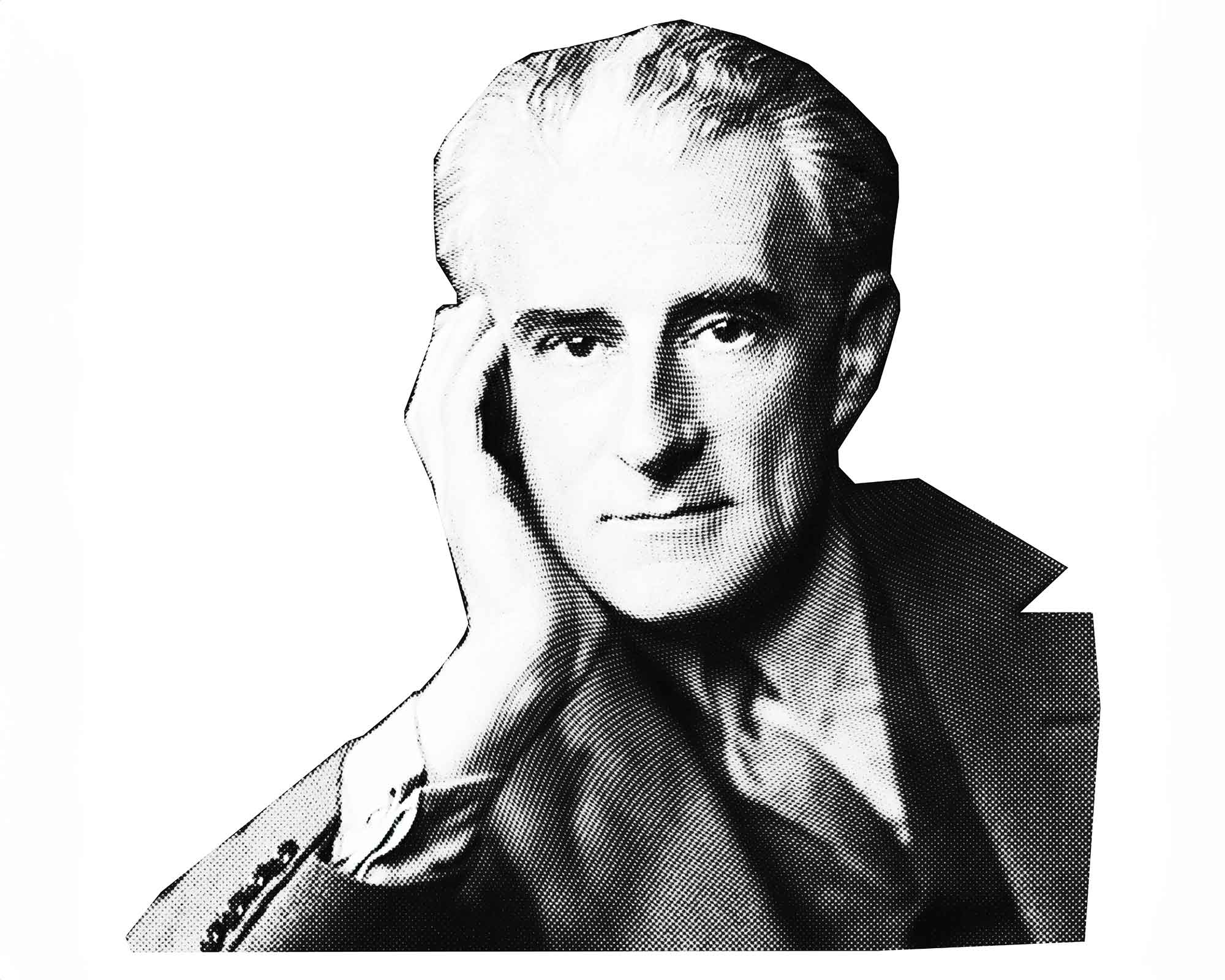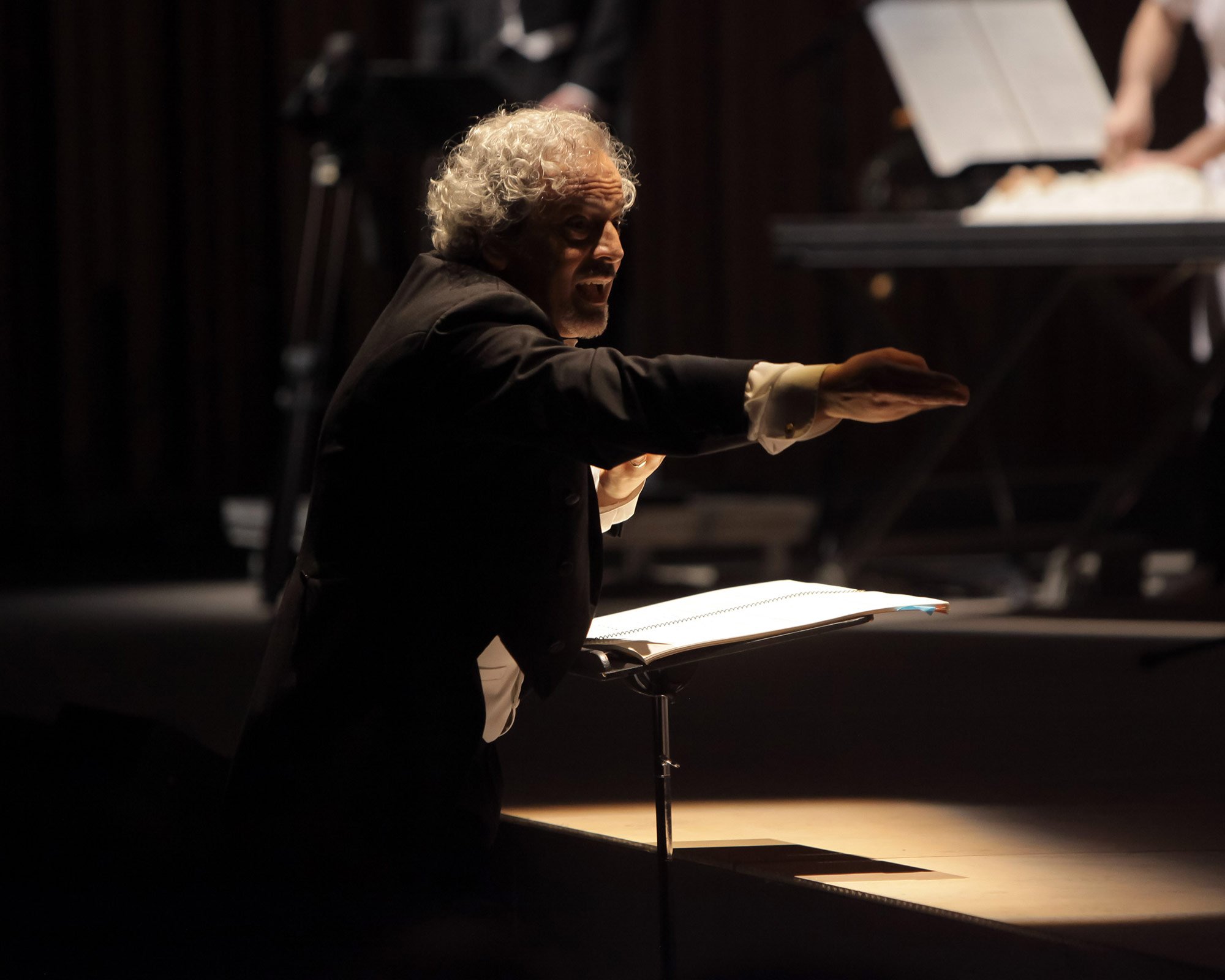Partitura · February 2025

On December 28, 1895, in Paris, the Lumière brothers presented the first public screening of their films, accompanied by a live pianist. In that singular moment, cinema was born, along with an unbreakable bond between this new art form and music. The arrival of the first sound film – a musical, no less (The Jazz Singer by Alan Crosland) – took more than 30 years, yet even this technological innovation retained the format we now call the cine-concert. Thus, in 2025, 130 years after cinema’s inception, Invicta.Música.Filmes continues to offer us gems from the silent era, brought to life with live musical accompaniment. A classic of German Expressionism, Robert Wiene’s The Cabinet of Dr. Caligari is next in line, with a screening accompanied by a soundtrack composed by Austrian Wolfgang Mitterer and performed live by Remix Ensemble.
Meanwhile, our Symphony Orchestra, which just days earlier will have performed musical hits immortalized by Hollywood – cinema’s dream factory since the early 20th century – kicks off February with Brahms’ Fourth Symphony in a narrated concert. The orchestra then continues with unmissable programmes: one celebrating Maurice Ravel’s 150th birthday [see Tónica] and another featuring Hungarian violinist Júlia Pusker, crowned by Tchaikovsky’s Violin Concerto in D major.
The Piano Series moves forward with a recital by Lukas Sternath, nominated as an ECHO Rising Star for the 2024/25 season. The young Austrian pianist will make the Portuguese premiere of a piece dedicated to him by celebrated violinist Patricia Kopatchinskaja, along with works by Brahms, Liszt, and Sofia Gubaidulina.
From different musical contexts come equally unmissable performances. One such highlight is a unique trio concert by Calexico, the idiosyncratic American band whose sound evokes the desert, mystery, and – fittingly for this month – cinema. Other standout acts include the much-acclaimed Brazilian composer Alceu Valença, performing alongside Orquestra Ouro Preto, and British saxophonist and singer Nubya Garcia, a shining star of the modern London jazz scene.
As for Portuguese artists, Milhanas deserves mention. The fado innovator returns to conclude the chapter of her debut album, De Sombra a Sombra, and thrill audiences with new songs likely to feature on its follow-up. And of course, we must highlight Vitorino: fifty years after his debut album Semear Salsa ao Reguinho, the Alentejo-born singer brings us his latest work, Não sei do que é que se trata, mas não concordo, enriched by the poetry of some of Portugal’s finest literary voices.
Be sure to keep an eye on the Education Service activities, which this month include workshops and concerts of various types, one of which is a cine-concert – Vejam Bem – featured in the Invicta.Música.Filmes lineup. Meanwhile, the 16th Open Course in Music History embarks on its second module under the theme Women in Music, shedding light on the invaluable contributions of brilliant women to the art of sound.
Finally, we welcome the return of café concerts, with free entry. Here, emerging artists and bands take the stage each year, while established projects join in to celebrate music in harmony with the audience.

INVICTA.MUSIC.FILMS
15 – 18 FEB
TÓNICA
Chances are you recognise at least a snippet of the world-famous Boléro, even if you can’t quite recall where from or associate it with a title or composer – such is its ubiquity in everyday life. The great irony is that Ravel’s most celebrated piece is also one of the most singular in his entire catalogue – above all, an orchestration exercise – that in no way represents the broader musical world of its creator. On this 150th anniversary of Ravel’s birth, we invite audiences to immerse themselves in some of the most enchanting corners of the unique, personal, and utterly irresistible universe he left us.
THE CUTTING POETRY OF A SHARPENER
In today’s light, when the specter of extinction looms over a range of professions once deemed indispensable, the profound meaning of a work like Experimentum Mundi by Giorgio Battistelli might be easier to grasp than it was at its premiere at Casa da Música on March 30, 2013. Subtitled “A Dramaturgy of Work,” the piece, written in 1981, already carried the weight of 400 performances – a rare feat in the realm of contemporary music. Yet, the Italian composer had only once before agreed to work with a local cast. And what a cast it was: coopers, carpenters, knife grinders, blacksmiths, cobblestone pavers, shoemakers, masons, a pastry chef, a stonemason, a women’s community choir, a percussionist, and a narrator-actor. One of the key premises of Experimentum Mundi was precisely to “challenge” the measurable system of Western classical music with the asymmetric rhythms of artisanal trades – and, along the way, to offer artisans a new understanding of the significance of their work, the dignity, and the history of their crafts.

